Filing Cabinets: Best Locks for Confidential Files
Securing confidential files is a priority for businesses handling sensitive information such as legal documents, financial records, and personal data. Choosing the right locking mechanism for filing cabinets enhances security and compliance while maintaining ease of access for authorized personnel.
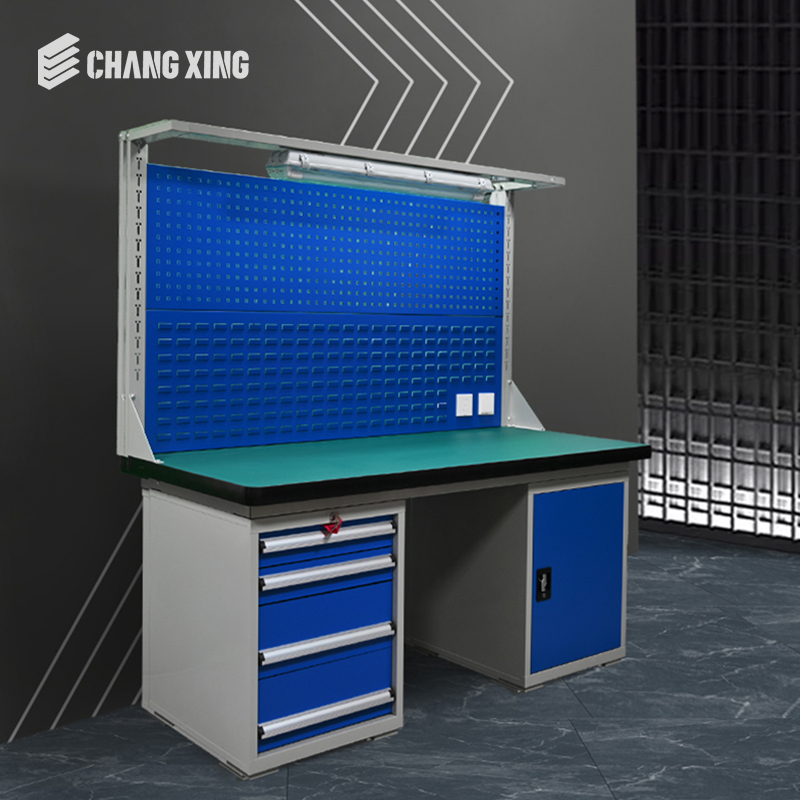
**Key locks** are the most common and cost-effective option. They provide basic security and are easy to operate. High-quality tubular or disc-detainer locks offer better resistance against picking. It’s important to keep spare keys and maintain a key management system to prevent unauthorized duplication.
**Combination locks** add an extra layer of security by requiring a numeric code. They eliminate the risk of lost or stolen keys and allow quick access by authorized users. Mechanical combination locks don’t require batteries and are reliable in various environments.
**Electronic keypad locks** offer programmable codes that can be changed frequently, ideal for offices with multiple users or high turnover. Some models include audit trails, showing who accessed the cabinet and when, which is useful for compliance and monitoring.
**Biometric locks** provide advanced security using fingerprint recognition. These are becoming more affordable and are excellent for high-security areas where only select individuals should access confidential files. Biometric systems reduce the risk of unauthorized sharing of keys or codes.
**Smart locks** integrate with access control systems and can be operated via smartphones or RFID cards. They offer real-time monitoring and remote access capabilities, suitable for modern, tech-forward workplaces.
When selecting a lock, consider the cabinet’s use environment. For high-traffic areas, durable locks resistant to tampering and wear are essential. For home offices, simpler solutions may suffice.
Additionally, ensure the cabinet construction complements the lock. Reinforced steel frames and anti-pry features increase overall security.
In conclusion, the best lock for confidential filing cabinets balances security, user convenience, and cost. Investing in modern locking technology safeguards sensitive information and supports regulatory compliance.
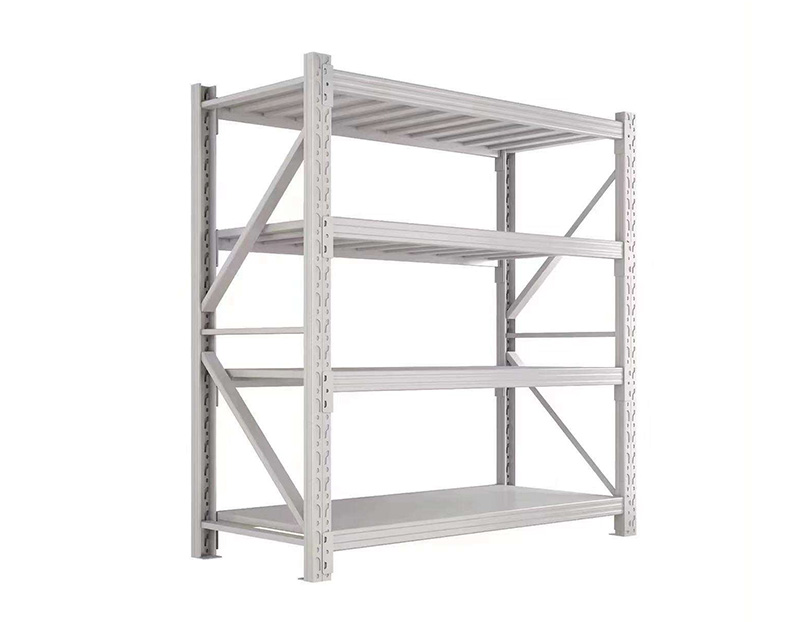 Smart Storage Equipment: Top B
Smart Storage Equipment: Top B
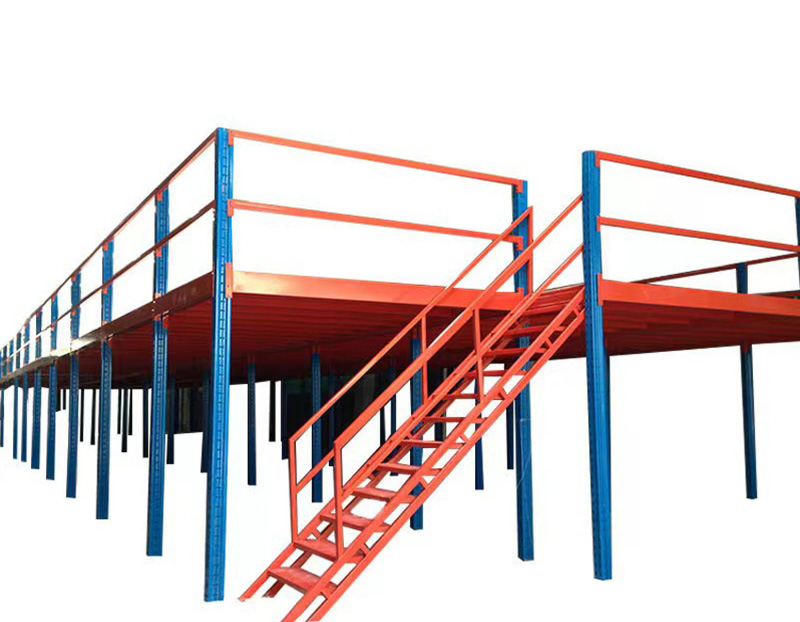 Storage Systems: Design Ideas
Storage Systems: Design Ideas
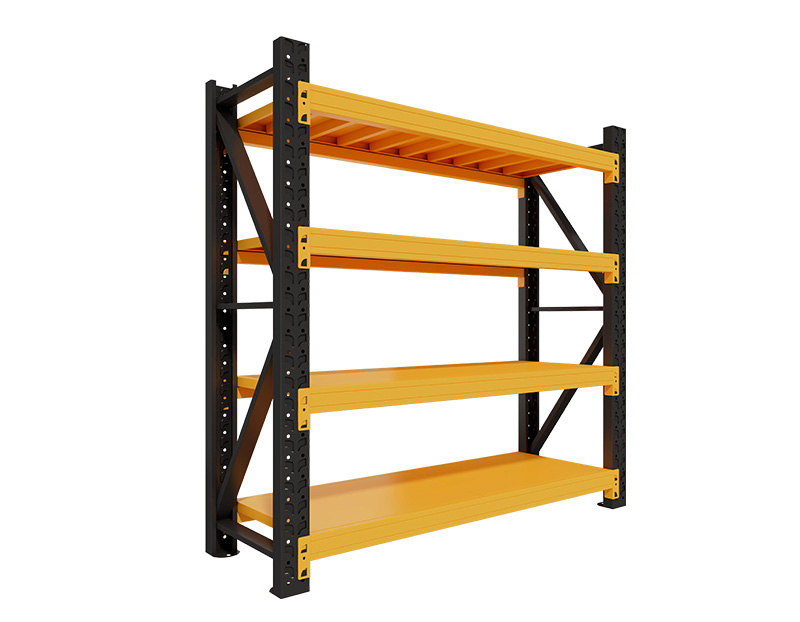 Storage Systems: Best Software
Storage Systems: Best Software
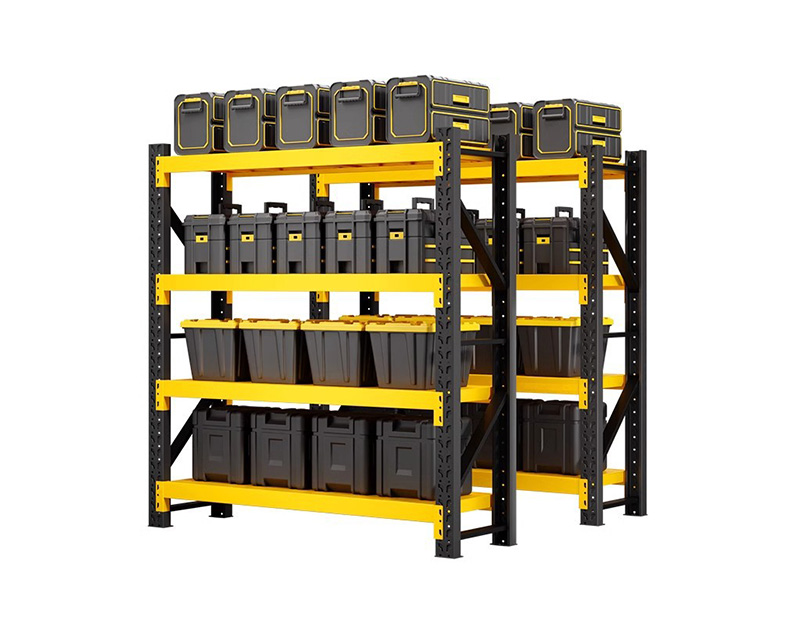 Storage Systems: Maximizing Sp
Storage Systems: Maximizing Sp
